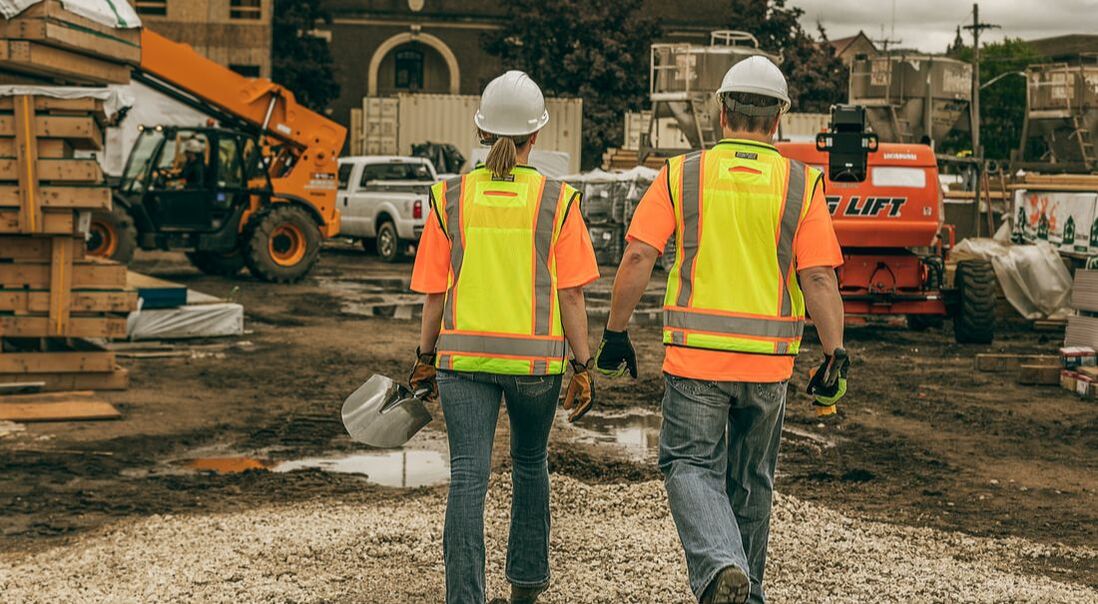How a small focus on mental health in construction can have a big impact
October 28, 2021
By Brandon Anderson | Vice President of Safety with AGC Missouri
By Brandon Anderson | Vice President of Safety with AGC Missouri
|
In my home state of Missouri, the suicide rate in the construction industry is four times higher than it is in the rest of the nation.
Four times. That simple, tragic statistic is why mental health is a topic that requires our attention. What is the situation? Across the nation, construction workers make their living in one of the most rewarding fields. At the same time it is also one of the most demanding and dangerous industries in America. Some would describe construction workers as the backbone of America. They work in all elements, under aggressive deadlines, and often with uncertainty over whether the next job will even happen. It is no surprise that mental health concerns and suicide are plaguing the construction industry. These men and women are perhaps uniquely susceptible to the stresses and culture of their profession. On top of physically demanding work, they believe there’s a stigma surrounding the idea of discussing their mental state. For some, talking about their situation or asking for help is nearly impossible due to fear of peer judgement and bullying or fear of employer retaliation. What can employers do? Break the stigma! Every jobsite should already hold a toolbox talk about worker safety. Now, all we are asking is that, on the first Monday of the month, everyone shine a light on the importance of mental health. Once a month, go through a Mental Health Toolbox Talk. AGC of Missouri worked to get these created with our members such as the experts at Washington University in St. Louis. Descriptions of the toolboxes and a link to download them can be found on our AGCMO site. Topic examples
All downloads are free. No strings attached. Also, each talk has a corresponding Takeaways sheet. These walk you through how to present the talk to workers. Finally, every toolbox talk qualifies as continuing education for workers. What can employees do? Be open to talking. Reach out to friends and family. Call a hotline. However it happens, just understand that You Are Not Alone and talking can help. I've been on jobsites, talking about mental health and about suicide awareness and prevention, and it never fails, a half dozen folks come up to me afterwards and say, “Hey, my kid or my wife or my husband is struggling. I’m struggling.” That’s the truth of it. You’re not always going to be fine. No one is fine all the time. And that's OK. There are ways to handle this. There's help out there. There are resources. It's just a matter of reaching out to somebody you trust and talking with them. What's the takeaway? You’re not alone. No one is. There are always people who are willing to talk. So let’s just start the conversation, break the stigma, and be aware of what those on a jobsite might be facing. Have the courage and compassion to simply ask your co-worker, “Are you OK?” Vertical Divider
|
Like what you're seeing here? Subscribe to the Blue Print for FREE and get the magazine sent right to your address.
|


